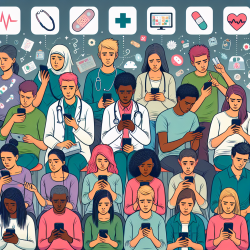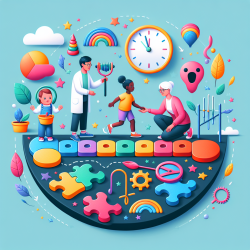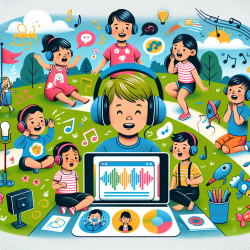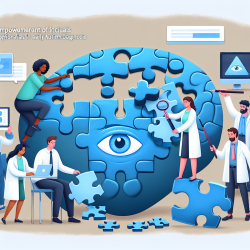In today's digital age, mobile-based interventions offer promising solutions to bridge the gap in mental health services for children and adolescents. The recent study titled Mobile-based interventions for common mental disorders in youth: a systematic evaluation of pediatric health apps provides critical insights into the quality and effectiveness of these interventions. As practitioners, it is essential to stay informed and leverage these findings to enhance our therapeutic practices.
Key Findings from the Research
The study systematically evaluated mobile health apps (MHAs) targeting anxiety, depression, and PTSD in youth. Despite the vast number of apps available, only 15 met the inclusion criteria for quality assessment using the Mobile App Rating Scale (MARS) and ENLIGHT instrument. The results highlighted several critical points:
- Overall app quality was moderate, with average scores of 3.59 (MARS) and 3.22 (ENLIGHT).
- The highest-rated categories were aesthetics and functionality, while engagement and information quality scored lower.
- Privacy and security features were insufficient in many apps, with only 40% offering password protection and 47% having a visible privacy policy.
- Only one app had been evaluated in a randomized controlled trial (RCT), indicating a significant gap in empirical validation.
Implications for Practitioners
As mental health professionals, it is crucial to integrate these findings into our practice to ensure we provide the best possible care for our young clients. Here are some actionable steps:
- Stay Informed: Regularly review systematic evaluations of MHAs to identify high-quality, evidence-based apps that can complement traditional therapy.
- Educate Clients and Caregivers: Provide guidance on selecting apps with robust privacy and security features and empirically supported interventions.
- Advocate for Research: Encourage further research and development of MHAs to include rigorous scientific evaluations and ensure their effectiveness and safety.
- Utilize Reliable Resources: Refer to platforms like One Mind PsyberGuide for unbiased reviews and ratings of digital mental health tools.
Encouraging Further Research
The study underscores the need for more high-quality research to evaluate the efficacy of MHAs. Practitioners can play a pivotal role by participating in and supporting research initiatives, collaborating with app developers, and advocating for evidence-based practices in digital mental health.
By staying informed and proactive, we can harness the potential of mobile-based interventions to provide accessible, effective, and safe mental health support for our youth.
To read the original research paper, please follow this link: Mobile-based interventions for common mental disorders in youth: a systematic evaluation of pediatric health apps.










